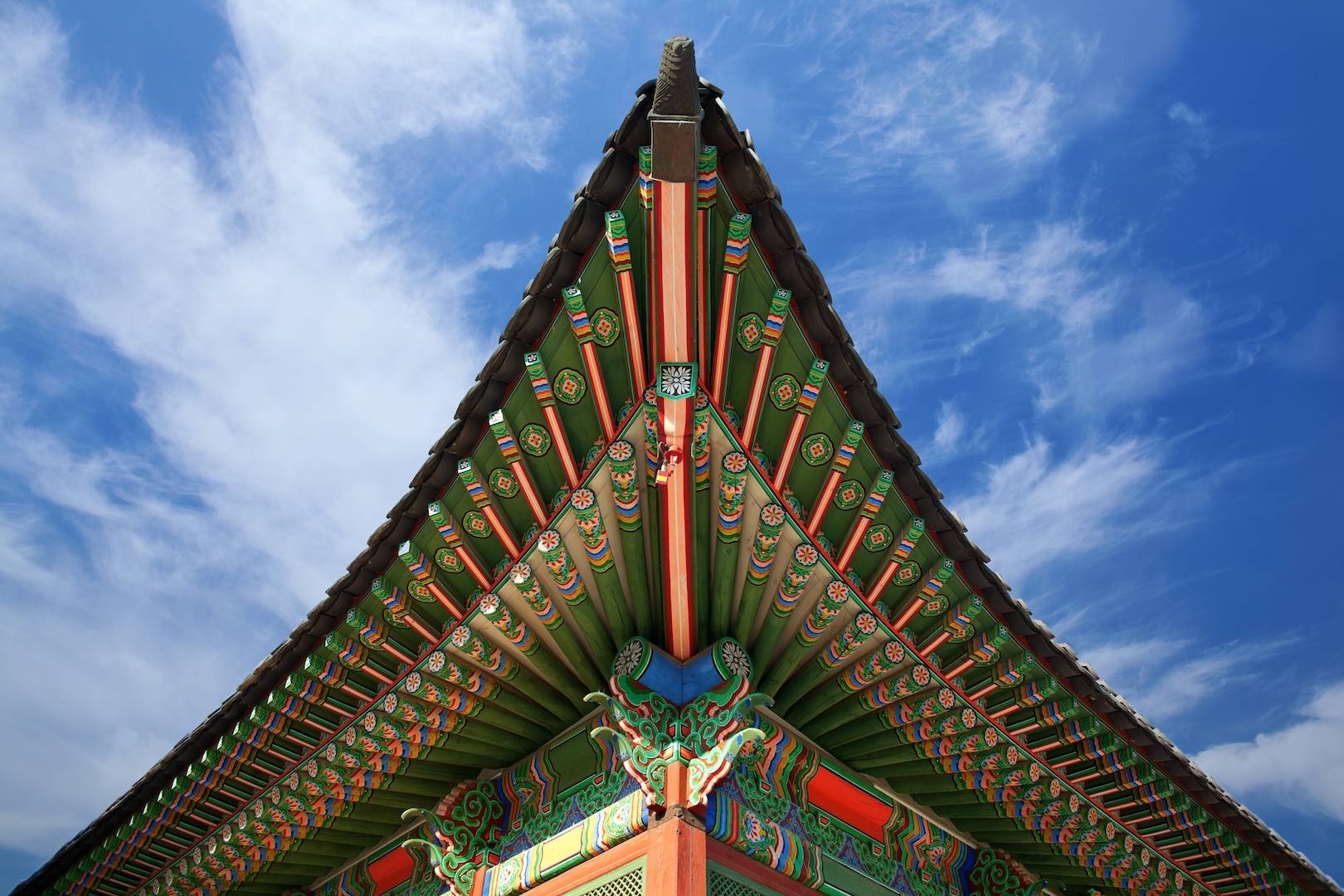Why Learn Korean?
Amongst themselves, the Chinese, Japanese and Korean languages share a stunning number of similarities in terms of writing and character systems, grammatical and sentence structures and finally, their pre-histories. Just like how the Chinese and Japanese languages are regarded as the national languages of their own countries respectively, the Korean language functions as the national languages of both the Republic of Korea (South Korea) and Democratic People’s Republic of Korea (North Korea). However, it is highly critical to note that South and North Koreas have each developed their own official variation of the Korean language for usage by their people.
Approximately 80-million people speak and use Korean today. While the numbers appear a lot thinner in comparison to Chinese and Japanese, they are not to be disregarded or viewed lightly! The influence of the Korean language both nation-wide and world-wide has grown in conjunction with the burgeoning Korean cultural and entertainment wave.
Strong roots in Traditional Chinese
Much like Japan, South Korea had adopted the Traditional Chinese characterisation as well as the Chinese writing system as templates and come up with the Korean Hanja (漢字) as far back as in the 15th century, a tumultuous period of time when old Korea was undergoing dynastic changes. The ancient Chinese language had made its way onto Korean land alongside Buddhism with old Korea’s eventual acceptance of cultural influence outside of itself.
During the Old Korean Joseon Dynasty, the privilege of learning and using the Korean Hanja was limited to the elites, which included the Korean royal family as well as the aristocratic and noble circles. Meanwhile, the rest of the Korean population remained illiterate and unaware of the importance of education, a problem that severely impeded the overall progress of the nation.
King Seong’s foresight revolutionised the Korean language
Today, South and North Koreans recognize and revere the Joseon Dynasty as that critical time period when old Korea saw huge leaps and bounds in its culture, economy, religion and classical literature. However, all these could not possibly have come into fruition had it not been for one individual: King Sejong the Great (Sejong Daewang) had had great foresight during his reign. He understood that, in order for Korea to progress beyond its basest hunter-gatherer culture, the people have to be educated.
Even though King Sejong had had a good pool of scholars to start out with, in his quest to educate and reduce illiteracy among his countrymen, they encountered difficulties due to the highly restrictive nature of Korean Hanja, the only writing and character systems that were available to them then.
In order to counter the dominant Chinese nature in Hanja, King Sejong invented the Korean Hangul, a fresh, purely Korean alphabetic writing and character system. The scholarly elites had originally meant for the Korean Hangul to aid the learning and usage of Hanja, but eventually, Hangul quickly gained popularity in its own right and came to replace Hanja. No surprise, since it increased literacy among the Korean people much faster than Hanja ever did.
Similarities and differences, across languages!
Naturally, coming from traditional Chinese roots, both Japanese and Korean are incredibly similar. These two languages have syllabic pronunciation, Chinese-based characterization, and grammar and sentence structuring that are almost the same. Between these two languages, they have neither gender-differentiated grammar nor vocabulary, a trend observed in a number of Romance languages, and share a distinct consonant-vowel character arrangement.
In this sense, it may seem like the Korean language is the easiest language to learn out of the three. However, language-learners will all agree on this one point that there is no easiest language to start out with. Regardless, you will soon discover that bouncing between the perks and pains of learning a completely foreign language will far outweigh the tedium of remaining in one’s comfort zone. After all, one is too lonely, two make a pair and three are never a crowd!

